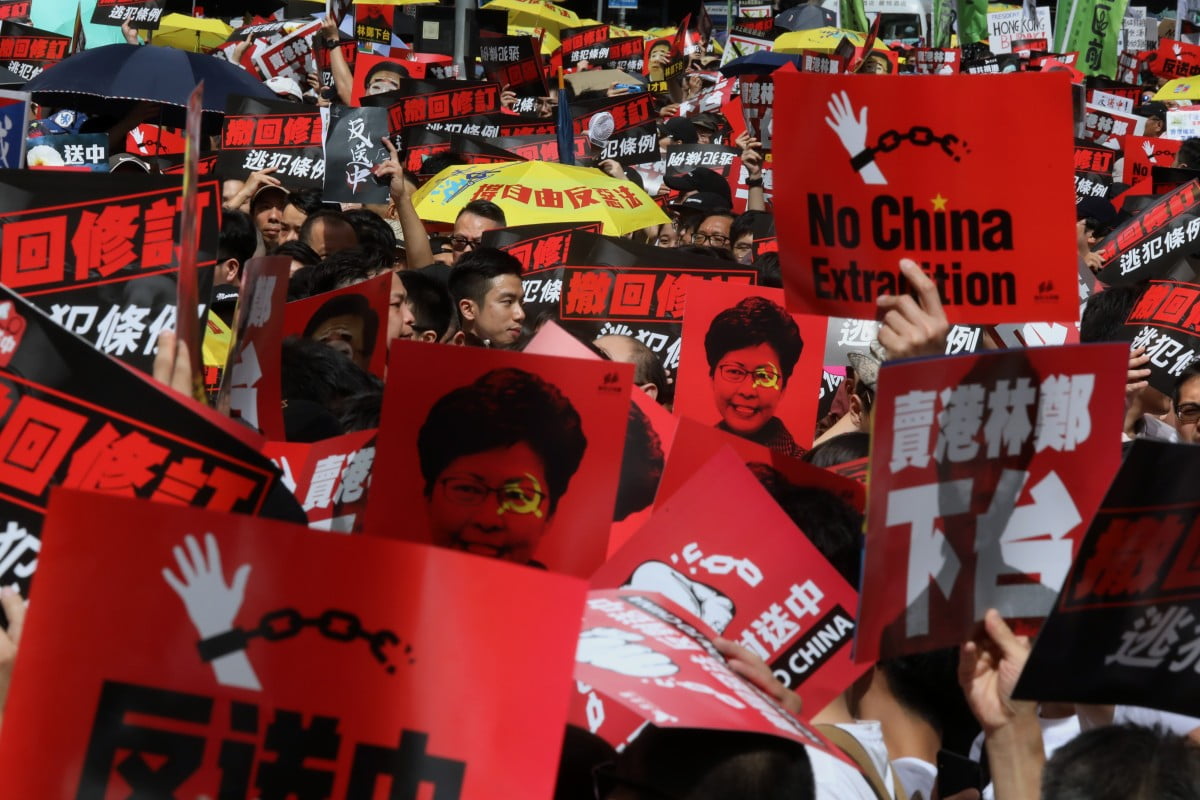“I’m not wearing this to make a political assertion; I want to show my face,” says a masked man from Hong Kong, now standing beneath the sandstone of the University of Queensland’s excellent courtroom. “But even in Australia now, we cannot be visible here at a protest. We aren’t out of sight of China’s authorities. They have made that clear.” Last week, the Brisbane campus of the 110-year-vintage college had become a flashpoint for the continuing international backlash against the Chinese nation, its impact on Hong Kong, and the mass detention of its Muslim Uighur populace.
A protest final Wednesday, organized by Hong Kong worldwide students towards the arguable extradition law, grew to become violent. Pro-Chinese authorities students interrupted the sit-down-in, tearing down banners, punching, and shoving. But it’s the fallout from that protest, the quiet intimidation that observed – demise threats, surveillance – that has many Hong Kong students, particularly those with their own family connections to mainland China, scared to expose their faces.
 On Wednesday this week, a 2nd protest was held. Attendees, who trust motion pictures of the protest had recognized them, were subsequently targeted online in doxxing attacks; in a single case, a Hong Kong pupil had his driving force’s license, marriage certificates, pupil ID, and different figuring out facts published on Chinese social media site Weibo. Smaller, greater focused at the university’s links to China and organized through Australian students, there has been an undercurrent of worry among folks who – unlike their domestic counterparts – had been maximum at risk of the state’s capacity for retaliation.
On Wednesday this week, a 2nd protest was held. Attendees, who trust motion pictures of the protest had recognized them, were subsequently targeted online in doxxing attacks; in a single case, a Hong Kong pupil had his driving force’s license, marriage certificates, pupil ID, and different figuring out facts published on Chinese social media site Weibo. Smaller, greater focused at the university’s links to China and organized through Australian students, there has been an undercurrent of worry among folks who – unlike their domestic counterparts – had been maximum at risk of the state’s capacity for retaliation.
A masked lady, who did not provide her name, addressed the gang. She said she came from Hong Kong and feared for the protection of her circle of relatives. “All in all, we’re simply protesters compelled via authoritarian authorities to protect ourselves,” she said, her voice trembling after which booming into the microphone. Some protestors whose identities are disclosed will be stopped via police at the Hong Kong airport. So why am I now hiding my identity? Because I don’t want to be disappeared after showing up on this degree.”
Why UQ?
As the state of affairs in Hong Kong will become greater fraught, unrest keeps and fears to grow that the Chinese military may intrude, the sprawling riverfront campus of the University of Queensland is a not likely focal factor for questions about China’s moves, and it affects on. But the punches thrown closing Wednesday have placed the college, and its hyperlinks to China, inside the highlight. Last Friday, the South China Morning Post discovered that the Brisbane Chinese consul-general, Xu Jie, who had praised the “patriotic behavior” of the violent counter-protest, had been made an adjunct professor of language and subculture by way of the university on 15 July.
The debate over overseas influence at universities isn’t always new and is now not constrained to China. It has been previously pronounced that a few Chinese worldwide college students studying in Australia are monitored through the state and punished back domestic. Recently, the point of interest has become the presence of Confucius Institutes, authorities-subsidized corporations hosted by universities and sell Chinese culture and train Mandarin. Current legislative change approach universities with the centers must now sign up as potential resources of overseas influence.
This also influences agencies consisting of the America Studies Centre at the University of Sydney, which is a component-funded with the aid of a US-based totally organization that targets to strengthen the Australia-US dating. Ji Davis, one of the organizers of the most recent protest, told Guardian Australia that UQ had emerged as the focal point because of hyperlinks between the vice-chancellor, Peter Høj, and Hanban – part of China’s education ministry that oversees Confucius Institutes globally. In 2015, Høj became named Hanban’s “great man or woman of the year.”
Davis said he believed the college’s settlement with Hanban is more restrictive than at different institutions and influences what’s being taught. In July, the Sydney Morning Herald discovered that UQ turned into one of the best four universities whose Confucius Institute settlement had a clause that allowed headquarters to assess the teaching pleasant of the Australian branches. A spokeswoman for UQ instructed the SMH the agreement had already expired in April and that they had been negotiating a new version. “The draft specifies that the agreement does not restrict UQ’s autonomy in any manner,” she stated. The union representing the university’s instructors, the National Tertiary Education Union, says its miles all external impact – now not just foreign, and no longer just China – that is the issue.







